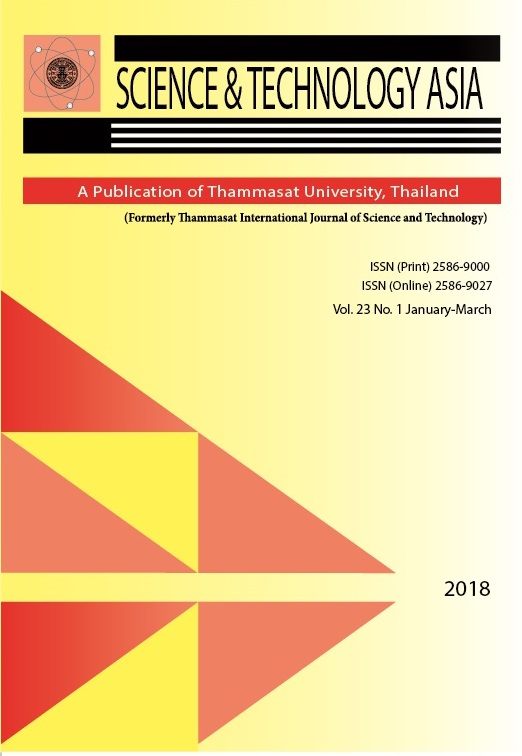Genetic Relationship Assessment and Identification of Strap-Leaf Paphiopedilum Using HAT-RAPD Markers
Abstract
High annealing temperature - random amplified polymorphic DNA (HAT-RAPD) marker was used to identify and investigate the genetic relationship among 15 Paphiopedilum species of Venus slipper. The total of 72 primers was screened and 16 primers could be used for DNA amplification with clear amplified products to construct DNA fingerprints. The total of 248 polymorphic bands was found. A dendrogram, which constructed from the polymorphic bands using UPGMA by the NTSYS program, showed genetic similarities among 15 Paphiopedilum species with similarity coefficients ranging from 0.252 to 0.624. The orchids were classified into 3 clusters. These results indicated that the HAT-RAPD markers are capable to specify Paphiopedilum, and can be used in the breeding program and for genetic resource conservation in the future.








